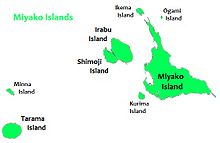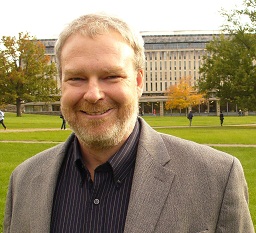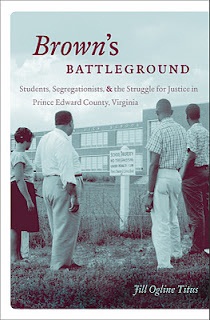Washington College has named Emily Chamlee-Wright as its new Provost and Dean. Chamlee-Wright currently serves as Associate Dean at Beloit College in Wisconsin, where she also teaches economics and directs the Miller Upton Programs on the Wealth and Well-being of Nations.
Washington College president Mitchell B. Reiss says Chamlee-Wright stood out among a remarkably strong field of candidates because of her strengths as both a scholar and an administrator. “It is clear that Dr. Chamlee-Wright understands what it takes to be a great teacher and scholar, and what it takes to be a great liberal-arts college in the 21st century,” he adds. “She impressed us all with her passion for engaged learning, both in the classroom and in the field. In these challenging economic times, we also value her experience in bringing financial stability and sustainability to high-quality academic programs and in expanding summer programs at Beloit. Her talents, energy and creativity will help us move Washington College forward in significant ways.”
Associate Professor of Politics Melissa Deckman, who chaired the search committee that unanimously endorsed Chamlee-Wright for the position, says the students, faculty and staff who met with the candidate on campus in mid- February were struck with her high level of enthusiasm. “She was dynamic and approachable and generated lots of good ideas,” says Deckman. “Both on paper and in person, Dr. Chamlee-Wright evidenced a wonderful balance of confidence and humility, leadership skills and collegiality. She takes a holistic view of scholarship and teaching, and the College community appreciated her big-picture approach to building and sustaining an engaging learning environment for students.”
Chamlee-Wright says she was attracted to Washington College in part by its commitment to interdisciplinary and integrative learning, and also by the widespread confidence in its mission. “It was clear to me that the board of trustees, the administration, the faculty and the staff are unapologetically ambitious on behalf of the College and on behalf of the liberal arts,” she says. “Washington College offers students the ideas, investigative skills, and creative foundations necessary to navigate unchartered territory and then expects them to engage in genuine discovery. This is the kind of education that is truly emancipating.”
Chamlee-Wright grew up in northern Virginia and spent summers sailing the Chesapeake Bay with her family. She earned her Ph.D. in economics from George Mason University, where she also received her master’s and bachelor’s degrees. Her academic research combines her expertise in economics with her skills as an ethnographer, focusing on the interplay of cultural and economic processes. “My primary interest is to understand how cultural and economic processes combine to foster widespread social coordination. What allows society to achieve a level of ‘social intelligence’ that no individual could ever design?” In recent years, she has turned this question in the direction of examining how communities rebound—or fail to rebound—in the aftermath of catastrophic disaster, with particular emphasis on post-Katrina recovery in New Orleans.
Chamlee-Wright is the author of three books: The Cultural and Political Economy of Recovery: Social Learning in a Post-Disaster Environment (Routledge 2010), Culture and Enterprise: The Development, Representation, and Morality of Business, with Don Lavoie (Routledge 2000), and The Cultural Foundations of Economic Development (Routledge 1997). She is also co-editor of The Political Economy of Hurricane Katrina and Community Development (Edward Elgar 2010) and a manuscript titled How We Came Back: Voices from Post-Katrina New Orleans, which is under review for publication.
A former W.K. Kellogg National Leadership Fellow, she received the Underkoffler Award for Excellence in Teaching at Beloit in 1997. As Associate Dean at Beloit, she has worked with colleagues to expand summer programs, oversee campus museums (Wright Museum of Art and Logan Anthropology Museum), advance faculty development, and promote the performing arts.
Chamlee-Wright will be moving to Chestertown with her husband, Brian, and two daughters, Linden, 11, and Cailin, 9, over the summer and will start her new job in July.


















